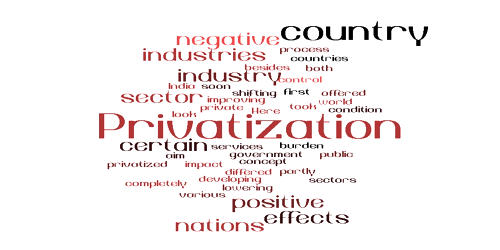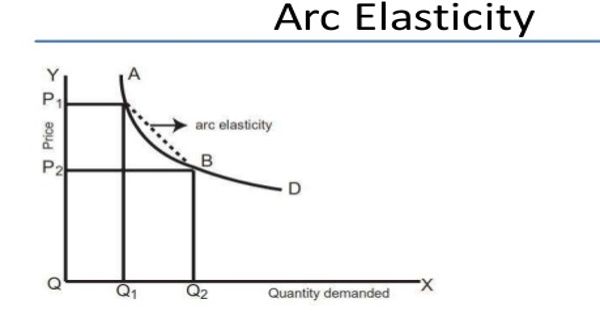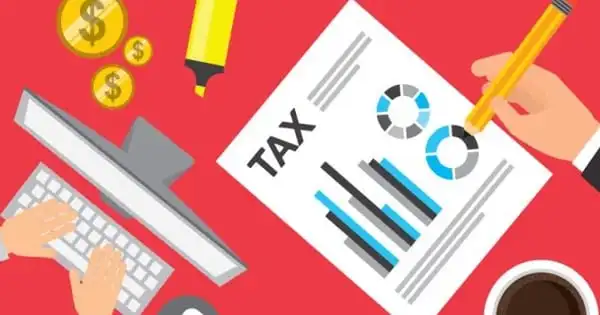The transfer of ownership, property, or business from the government to the private sector is termed privatization. It can mean different things including moving something from the public sector into the private sector. It is also sometimes used as a synonym for deregulation when a heavily regulated private company or industry becomes less regulated. The objective is often to increase government efficiency; an implementation may affect government revenue either positively or negatively. The government ceases to be the owner of the entity or business. Government functions and services may also be privatized; in this case, private entities are tasked with the implementation of government programs or performance of government services that had previously been the purview of state-run agencies. It generally helps governments save money and increase efficiency. In general, two main sectors compose an economy—the public sector and the private sector. Some examples include revenue collection, law enforcement, water supply, and prison management.
The process in which a publicly-traded company is taken over by a few people is also called privatization. It occurs when a government-owned business, operation, or property becomes owned by a private, non-government party. It involves selling state-owned assets to the private sector. It is argued the private sector tends to run a business more efficiently because of the profit motive. Privatization is often achieved by listing the new private company on the stock market. Private companies include the majority of firms in the consumer discretionary, consumer staples, finance, information technology, industrial, real estate, materials, and health care sectors.
Another definition is the purchase of all outstanding shares of a publicly-traded company by private investors or the sale of a state-owned enterprise or municipally owned corporation to private investors. It generally helps governments save money and increase efficiency, where private companies can move goods quicker and more efficiently. It is considered to bring more efficiency and objectivity to the company, something that a government company is not concerned about. The term has most commonly been applied to the divestiture, by sale or long-term lease, of a state-owned enterprise to private investors. Privatization has been motivated by a range of concerns including the cost of service, the pace of technological innovation, and the impact of continuing subsidies on government budget deficits.
Privatization is the opposite of nationalization, a policy resorted to by governments that want to keep the revenues from major industries, especially those that might otherwise be controlled by foreign interests. However, critics argue private firms can exploit their monopoly power and ignore wider social costs. The second type of privatization is the demutualization of a mutual organization, cooperative, or public-private partnership in order to form a joint-stock company. Overriding the privatization debate has been a disagreement over the proper role of government in a capitalist economy.
















